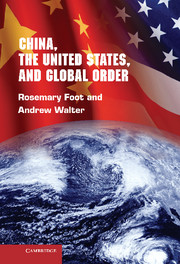4 - The Non-Proliferation of Nuclear Weapons
Published online by Cambridge University Press: 05 June 2012
Summary
We turn next to consideration of an issue that directly affects the survival and security goals of global society. This global normative framework relates to a traditional foreign policy area, the negotiation of which has only a diffuse impact at the domestic level. It is a less contested policy area within the broader society than others we discuss in this book, although political elites have disagreed about its value and about some of its requirements.
The nuclear non-proliferation norm has a number of associated dimensions of a voluntary and mandatory nature. The normative idea that the spread of these weapons is dangerous to global order has come to be legally enshrined in a core treaty (the Nuclear Non-Proliferation Treaty [NPT]), but the status and legitimacy of that treaty is complicated by the unequal bargain between nuclear and non-nuclear weapons states (NNWS) that is at its heart. This unequal bargain was supposed to be resolved by the eventual disarmament of the nuclear weapons states (NWS), and mitigated by the provision of access to nuclear energy for peaceful, civilian use. Other aspects of the normative framework cover nuclear export regulations (some voluntary and others mandatory), together with international verification mechanisms and physical security of nuclear material.
- Type
- Chapter
- Information
- China, the United States, and Global Order , pp. 133 - 174Publisher: Cambridge University PressPrint publication year: 2010



